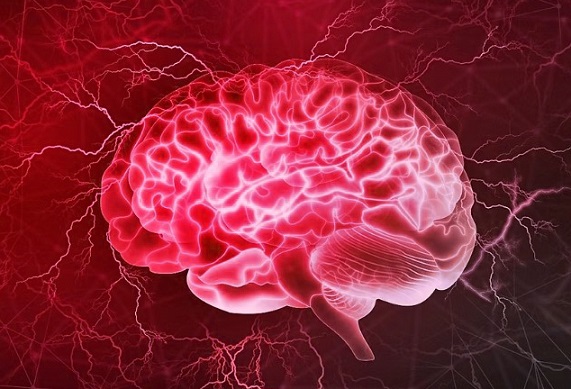Nikhil Prasad Fact checked by:Thailand Medical News Team Aug 23, 2025 6 months, 1 week, 3 days, 1 hour, 49 minutes ago
Medical News: Discovery of Two Key Brain Enzymes
Researchers from the Department of Basic Medical Sciences, College of Dental Medicine, Western University of Health Sciences, USA, and the Department of Biomedical Sciences, College of Osteopathic Medicine of the Pacific, Western University of Health Sciences, USA, have spent decades studying two special proteins in the brain known as calpain-1 and calpain-2. These proteins, called “calpains,” are enzymes that cut other proteins, and they are controlled by calcium.
 New Insights on Calpain Proteins Reveal Their Role in Brain Health and Disease
New Insights on Calpain Proteins Reveal Their Role in Brain Health and Disease
Although calpains were first discovered more than 60 years ago, scientists only started to truly understand their importance in the brain over the past 45 years. This
Medical News report highlights how calpain-1 and calpain-2, despite being closely related, play completely opposite roles in brain health and disease.
Opposite Roles in the Brain
Calpain-1 helps the brain adapt and grow. It is linked to synaptic plasticity, a process that strengthens connections between brain cells and supports memory and learning. Studies show that calpain-1 is neuroprotective, meaning it shields brain cells from damage. On the other hand, calpain-2 works in the opposite way. Instead of protecting, it often contributes to problems like brain cell death, reduced memory function, and even neurodegeneration.
Scientists discovered that while calpain-1 activity is essential for forming long-term memory and promoting the survival of brain cells, calpain-2 tends to weaken memory pathways and promote conditions seen in diseases such as Alzheimer’s, Parkinson’s, Huntington’s disease, and damage caused by traumatic brain injury.
How Calpains Affect Brain Function
One of the biggest breakthroughs was the discovery that calpain-1 and calpain-2 control different sets of brain signaling pathways. Calpain-1 activates protective systems that boost memory and cell survival, while calpain-2 activates destructive pathways that lead to inflammation and neuron death.
They also play roles in brain development. Calpain-1 helps new brain cells grow and multiply, while calpain-2 slows this process down. Blocking calpain-2 has been shown in animal studies to not only protect brain cells but also increase new cell growth in important areas like the hippocampus, which is vital for memory.
Hope for New Treatments
Because of these findings, scientists are now developing drugs that specifically block calpain-2. These drugs could open the door to new therapies for brain injuries and neurodegenerative diseases. One promising compound, called NA-184, has already shown strong protective effects in animal studies, reducing brain damage after traumatic injury and boosting the growth of new brain cells. Clinical trials are expected to begin soon.
What This Means for the Future
The new research show
s how two very similar proteins can have such different effects on the brain—one protecting it, the other harming it. By targeting calpain-2 while sparing calpain-1, scientists believe they can design new treatments that may help patients with memory problems, traumatic brain injuries, and neurodegenerative diseases.
The findings also suggest that balancing these two enzymes may be one of the keys to maintaining brain health as we age.
The study findings were published in the peer reviewed journal: Cells.
https://www.mdpi.com/2073-4409/14/17/1301
For the latest research on the human brain, keep on logging to Thailand
Medical News.
Read Also:
https://www.thailandmedical.news/news/thailand-doctors-and-researchers-create-banana-and-black-rice-drink-that-protects-the-brain-from-stroke-damage
https://www.thailandmedical.news/news/how-covid-19-triggers-brain-inflammation-leading-to-dangerous-neurological-conditions
https://www.thailandmedical.news/news/covid-19-pandemic-saw-surge-in-gastrointestinal-bleeding-cases
